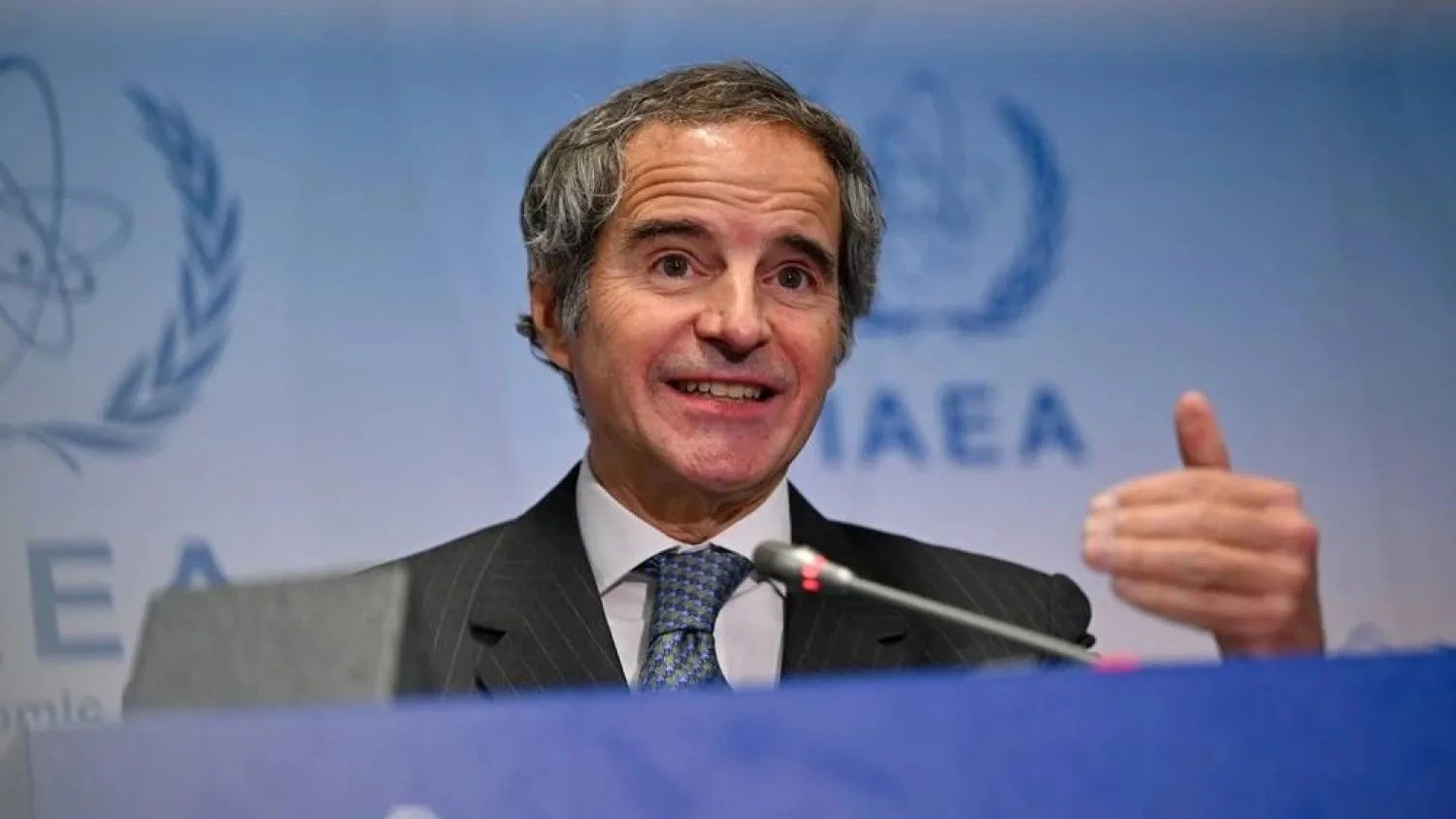The head of the International Atomic Energy Agency (IAEA), Rafael Grossi, said that the agency’s report accusing Iran of secret and illicit nuclear activity is not the reason behind Israel’s war against the country, after Tehran signaled it would take legal action against him.
“A report on the nuclear verification in Iran could hardly be a basis for any military action. Military action, from whomever it comes, is a political decision that has nothing to do with what we’re saying,” Grossi told CNN.
“In that report, I also said that, at this point, we do not have any indication that there is a systemic program in Iran to manufacture a nuclear weapon. It’s true that in the early 2000s, there had been some activities which were assessed at that time as related to nuclear weapon development … we are not seeing this now,” he added.
When asked about a potential “timeline” in which Iran could build a nuclear weapon, Grossi said discussing a timeline would be nothing but “pure speculation.”
On 19 June, the Head of the Atomic Energy Organization of Iran (AEOI) Mohammad Eslami sent a letter to Grossi condemning the “the criminal Zionist regime’s repeated barbaric attacks” across Iran and on its nuclear facilities, adding that these attacks took place “despite repeated warnings to you regarding inaction, especially by the Board of Governors, which unfortunately operates under the guidance, influence, and support of three European countries, the US, and the Zionist regime.”
Eslami added that Tehran would seek “legal action” against him.
Earlier on Thursday, Iranian Foreign Ministry spokesperson Esmail Baqaei said Grossi has “betrayed the non-proliferation regime” and has made the IAEA “a partner to an unjust war of aggression” by Israel.
He also condemned the agency’s report and said it helped enable the Israeli war. “Too late,” he added, in response to Grossi admitting in an interview that there was “no proof” Iran seeks a nuclear weapon.
There is a religious fatwa against the development of nuclear weapons in Iran, and US intelligence assessments confirm that Tehran does not seek to weaponize its nuclear program. Nonetheless, Israel claims its US-backed war against the country aims to prevent Iran from building a nuke, and is pushing Washington to enter the conflict directly.
The war began just a day after the IAEA board passed a resolution accusing Tehran of non-compliance with its nuclear obligations under the Non-Proliferation Treaty (NPT) Safeguards Agreement. The resolution was based on an IAEA report in late May, which claimed that Iran carried out secret nuclear activities with material not declared to the UN nuclear watchdog at three locations decades ago.
